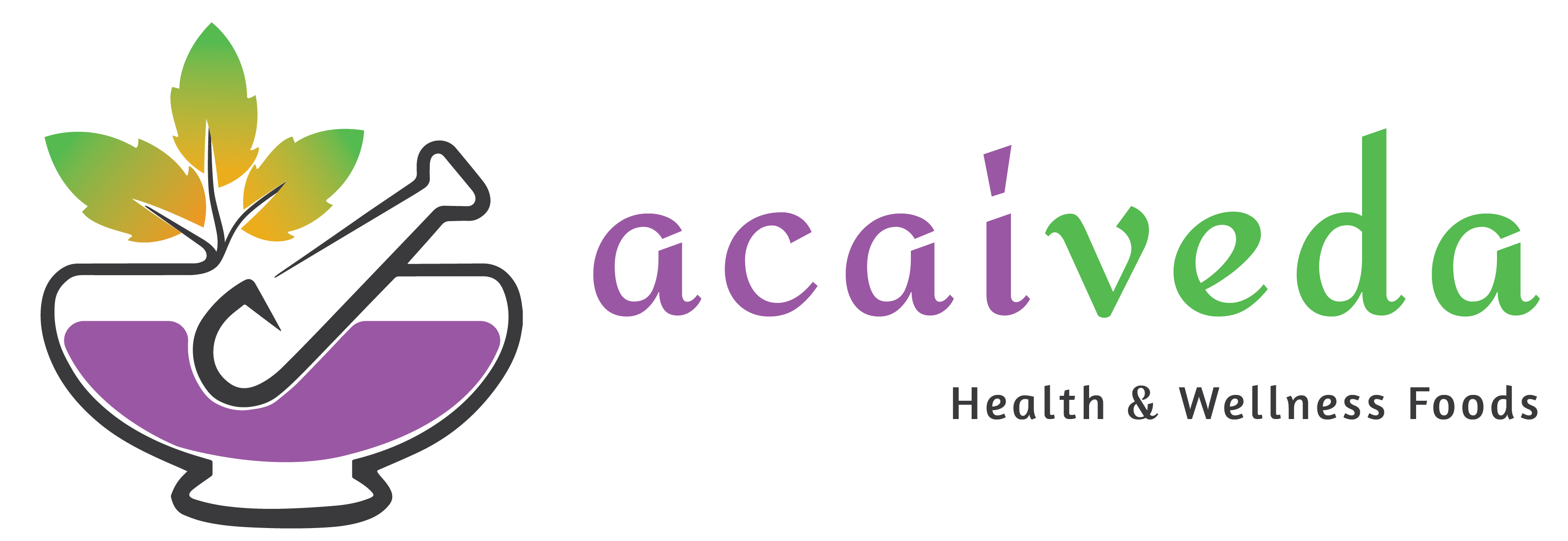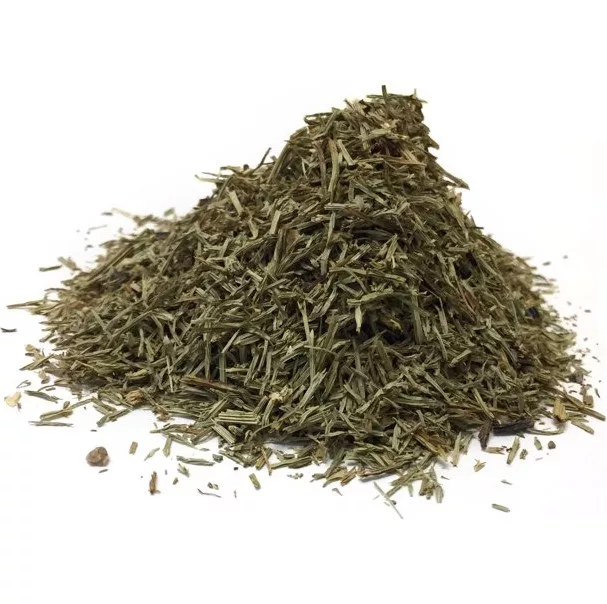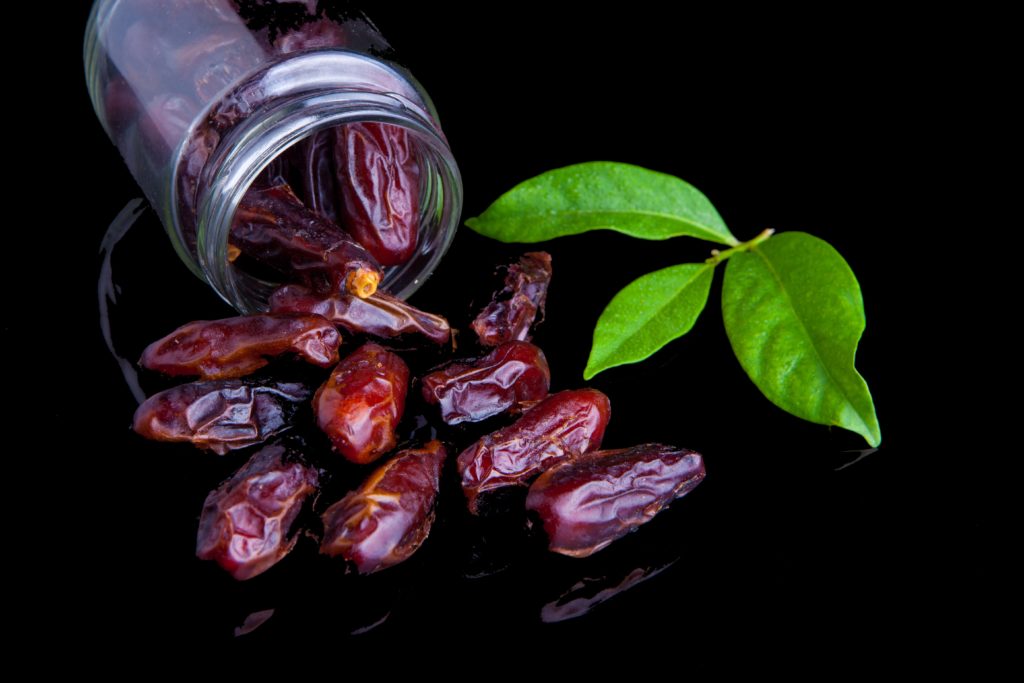
FUEL YOUR BODY WITH CELERY: A POWERHOUSE OF NUTRITION
WHAT IS THE HISTORY OF CELERY?
The history of celery can be traced back to ancient times. The wild form of celery, known as smallage, was used by the ancient Egyptians, Greeks, and Romans for medicinal purposes. It was believed to have healing properties and was used to treat a variety of ailments such as headaches, joint pain, and digestive issues.
In ancient Greece and Rome, celery was also used as a symbol of victory and was awarded to athletes who won at the Pythian Games and the Roman Saturnalia.
In the Middle Ages, celery was mostly used for medicinal purposes, as it was believed to have the ability to strengthen the body and improve digestion. It was also used as a flavoring in dishes, but it was not as popular as it is today.
During the 19th century, celery became more popular as a food item in Europe and the United States. It was mainly used as a garnish for cocktails and as a flavoring for soups and stews.
In the 20th century, celery became a popular ingredient in salads and sandwiches and was also used as an ingredient in many dishes. Today, celery is widely used as a vegetable in many cuisines around the world, and it is also used in the production of celery salt, which is a popular seasoning.
WHAT NUTRIENTS ARE IN CELERY?
Celery is a low-calorie, low-fat vegetable that is a good source of several essential nutrients, including:
- Fiber: Celery is a good source of fiber, which can help promote digestive health and regulate blood sugar levels.
- Vitamins: Celery is a good source of vitamins C and K, as well as folate and potassium.
- Minerals: Celery contains important minerals such as sodium, magnesium, and phosphorus.
- Antioxidants: Celery contains antioxidants, such as flavonoids and phenolic acids, which can help protect cells from damage caused by free radicals.
- Anti-inflammatory compounds: Celery contains compounds such as apigenin and luteolin, which have anti-inflammatory effects that can help reduce inflammation throughout the body.
- Hydration: Celery is primarily composed of water, making it a great source of hydration.
WHAT IS THE DAILY VALUE OF NUTRITION IN CELERY?
A 100-gram serving of celery contains:
- 1% of the daily value (DV) of Fiber
- 1% of the DV of Protein
- 2% of the DV of Vitamin C
- 2% of the DV of Folate
- 3% of the DV of Potassium
- 3% of the DV of Manganese
Celery also contains small amounts of other essential vitamins and minerals, such as vitamins K and B6, and calcium and magnesium.
WHAT ARE THE BENEFITS OF CELERY?
Some of the most well-established benefits of celery include:
- Hydration: Celery juice is high in water content, which can help to keep the body hydrated.
- Digestive Health: Celery juice is a good source of dietary fiber, which can help to promote regular bowel movements and may also help to relieve constipation.
- Anti-inflammatory: Celery juice contains antioxidants and anti-inflammatory compounds that can help to reduce inflammation in the body.
- Blood Pressure: Celery juice is a good source of potassium, which is known to help lower high blood pressure.
- Heart Health: Celery juice is rich in antioxidants which can help to protect the heart and blood vessels from damage.
- Immune System: Celery juice is rich in Vitamin C, which can help to boost the immune system and protect against infections.
- Skin Health: Celery juice is rich in Vitamin K, which helps to promote healthy skin.
- Detox: Celery juice is also considered to be a natural detoxifying agent and can help to cleanse the liver and kidneys.
HOW DO I CONSUME CELERY?
Celery can be consumed in several different ways:
- Eating Fresh: Celery can be eaten fresh, as a snack, or added to a salad.
- Cooking: Celery can be used in soups, stews, and curries. It can also be stir-fried, sautéed, or grilled.
- Juice: Celery can also be juiced and consumed as a refreshing drink. It can be mixed with other fruits or vegetables to make a healthy and delicious juice.
- Supplement: Celery is also available in supplement forms such as powder, capsules, and tablets, these forms are convenient and easy to take, but it’s important to follow the dosage instructions on the product label or as advised by your healthcare provider.
- Celery Salt: Celery salt is a seasoning made by mixing ground celery seeds with salt. It is used to add a celery flavor to dishes.
CELERY JUICE AND THE MEDICAL MEDIUM:
Celery juice has been popularized by Anthony William, known as Medical Medium, who claims that drinking 16 oz of fresh celery juice every morning on an empty stomach can cure a variety of illnesses and chronic conditions.
According to Anthony William, celery juice is a powerful healing tool that can help to:
- Reduce Inflammation: Celery juice is rich in anti-inflammatory compounds that can help to reduce inflammation in the body.
- Improve Digestion: Celery juice is believed to help improve digestion and stimulate the production of stomach acid which can help to break down food.
- Detoxify the Liver: Celery juice is believed to help detoxify the liver, which can help to improve overall health and well-being.
- Improve Skin Health: Celery juice is believed to help improve the health of the skin by providing it with the necessary nutrients.
- Help with Chronic Illness: Celery juice is believed to help with conditions such as eczema, psoriasis, and other chronic illnesses.
Note: We are a small business so we used a cheat code (ChatGPT, phew, technology has come far!) to help me write this blog post. I double-checked the information contained within this post to ensure accuracy.





